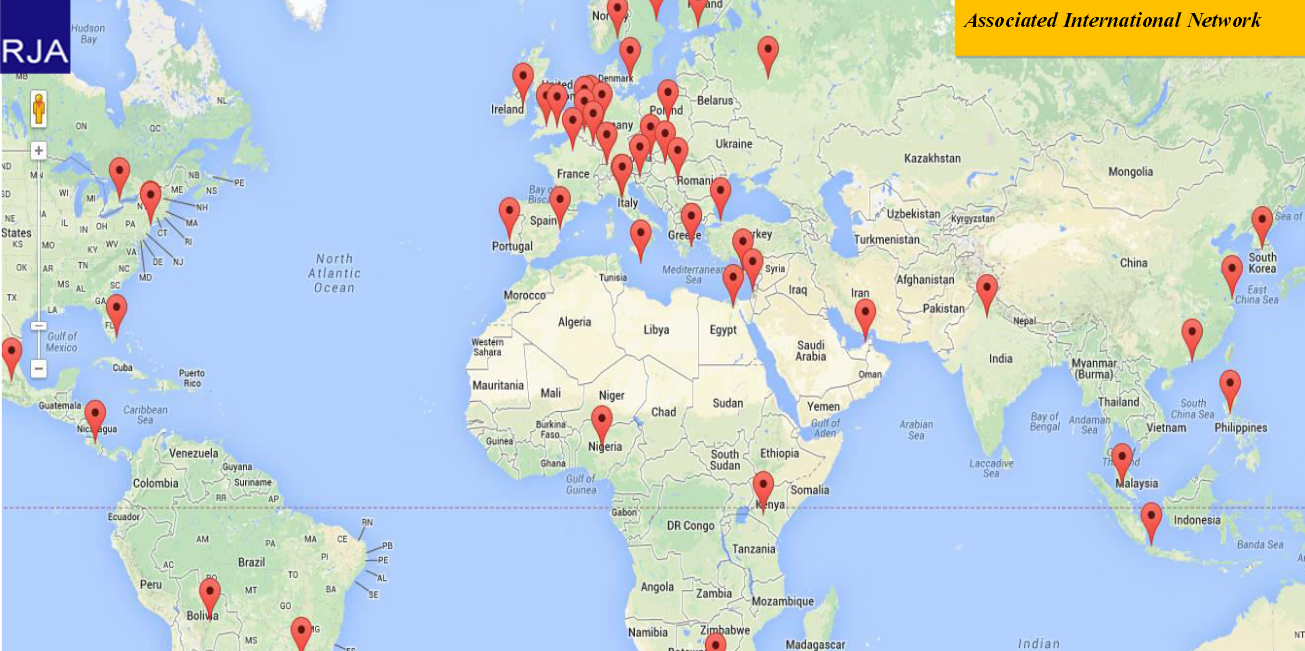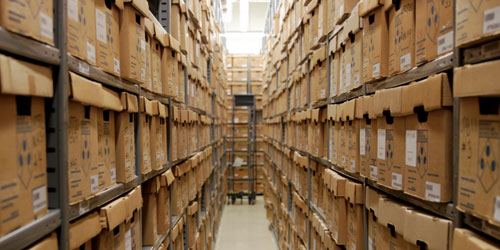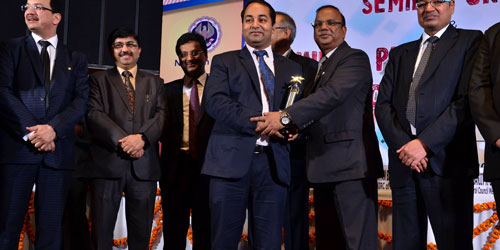Operational Excellence > Maintenance
Maintenance is an important part of manufacturing operation in the organisation. Last Experience shows that integrated management with planning of maintenance gives the highest uptimes, highest productivity and lowest cost.
The importance of a successful maintenance program cannot be ignored because it plays a major role in the effectiveness of Lean manufacturing. As in personal health care insurance, maintenance may be considered the heath care of our manufacturing machines and equipment. It is needs to effectively minimize waste and run a competent, continuous manufacturing operation, business, or service operation.
The cost of uniform or regular maintenance is very small when it is compared to the cost of a crucial malfunction at which time there is no production.
Purpose of Maintenance
The main motive of regular maintenance is to ensure that all equipment required for production is operating at 100% efficiency at all times. Through short daily examining, cleaning, lubricating, and making minor adjustments, minor problems can be discover and corrected before they become a major problem that can shut down a production line. A good maintenance program requires company-wide involvement and support by everyone ranging from the top executive to the shop floor personnel.
For years, maintenance has been treated as a dirty, not interesting and often overlooked job. It is significant to get the best productivity from a company’s equipment but it is not knowledge as a part of the functioning that produces revenue. The simple question is often, "Why do we need to maintain things regularly?" The answer is, "To keep things as reliable as possible." But the real question is, "How much substitution or damage has occurred since the last stage of maintenance?" Generally the answer is, "I do not know."
Types of Maintenance
General Maintenance: The challenge for reliability is dealing with data from the past. Collapse is modeled, examined and, to some extent, predicted. Unfortunately, the prediction does not take into account users or working environment-related limitations, and often the outcomes are not that useful.
Autonomous Maintenance: The purpose of autonomous maintenance is to develop operators to be able to take care of small maintenance jobs on the equipment they use so skilled maintenance people can concentrate on value-added activity and technical repairs.
What Rajput Jain & Associates Offers
Rajput Jain & Associates has extensive experience in this field. We can design and implement appropriate processes and organisations, define the balance between in- and out-sourcing and provide performance management for the maintenance and operation functions.


























































